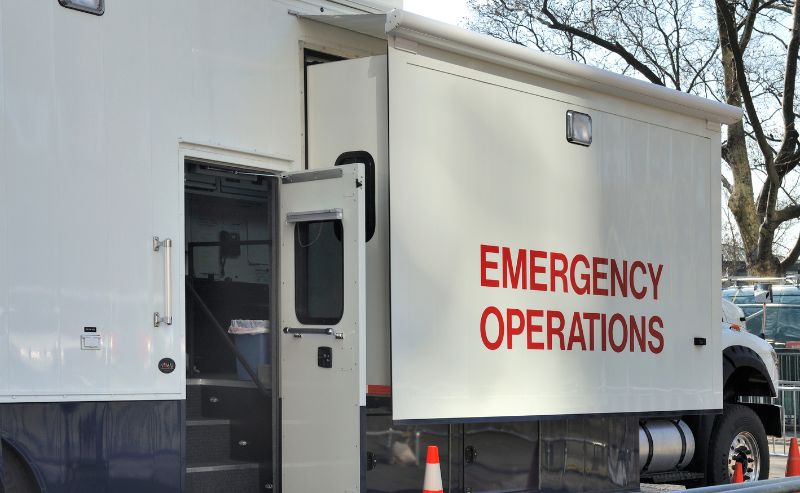Just mention the acronyms EOP, COOP and COG, and some organizations and government agencies can get a little antsy. That’s because they know that writing Emergency Operations Plans and Continuity of Operations/Government Plans can be somewhat daunting, not to mention costly. For these reasons, many are finding it best to take a “proof of concept” approach to plan development and adoption.
So, what does that mean exactly? It means taking it department by department, annex by annex, jurisdiction by jurisdiction, etc. as you work toward organization- or agency-wide implementation. It means doing as much as you can as fast as you can and as your budget allows, but with the complete project in mind.
Here are just three of the many ways a proof of concept approach can improve your EOP, COOP and COG planning efforts:
- It demonstrates to everyone that preparedness goals really can be achieved, if only on a small scale. Once others see that an EOP, COOP or COG can be easily written, reviewed, adopted and maintained, they will feel less intimidated by such significant planning projects. In fact, they will gain a level of confidence that they may not have otherwise had if someone hadn’t gone before them and proven that it can be done.
- It provides a strong foundation for others to build upon. In other words, they don’t have to start from scratch or worry about making many of the same mistakes twice. They can follow best practices and recommendations, and even use templates to prepare to build (and customize) their own preparedness plans. Just as important, they can develop their emergency/continuity plans in far less time than it would have normally taken.
- It breaks large planning projects down into not only more “digestible” chunks, but also more affordable ones. This allows a single department, annex or jurisdiction to move forward with EOP, COOP or COG development, and others to follow suit as time and budget allows. In the end, all sub-plans come together to form the whole, which ultimately supports emergency preparedness and continuity across the board.
If your organization or government agency is grappling with how to move its EOP, COOP or COG planning efforts along, maybe it’s time for a different approach. Consider a proof of concept approach as a viable option. It has worked for many others, including state emergency management agencies and healthcare organizations across the country, and it can work for you.
Time and again, the BOLDplanning team has helped public sector clients seeking to create county and/or statewide COOPs and COGs, as well as large private sector organizations, including hospitals, prepare comprehensive and actionable EOPs. Call 615.469.5558 or email info@BOLDplanning to schedule your free, no-obligation consultation now.






